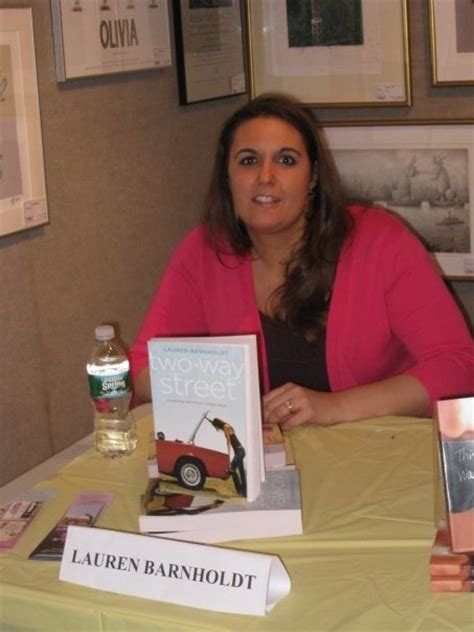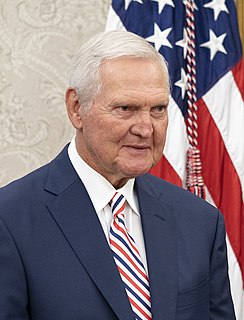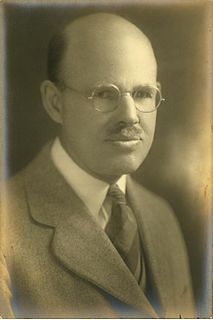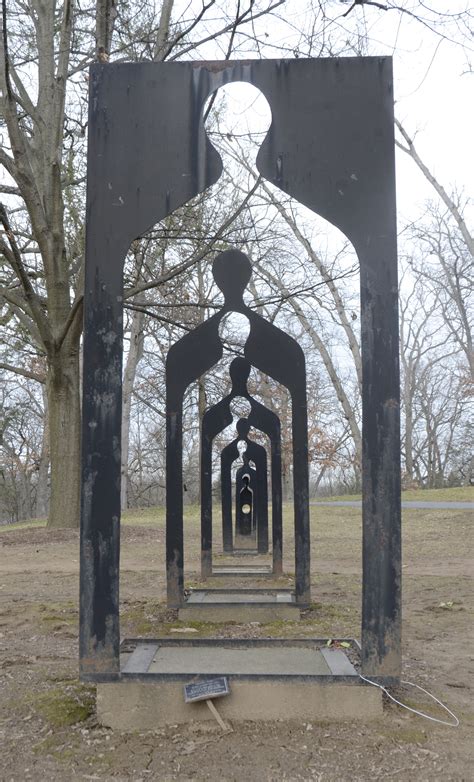A Quote by Lord Byron
The great object of life is Sensation - to feel that we exist - even though in pain - it is this "craving void" which drives us to gaming - to battle - to travel - to intemperate but keenly felt pursuits of every description whose principal attraction is the agitation inseparable from their accomplishment.
Related Quotes
The Void is not being, but not being cannot be, ergo the Void cannot be. The reasoning was sound, because it denied the Void while granting that it could be conceived. In fact, we can quite easily conceive things that do not exist. Can a chimera, buzzing in the Void, devour second intentions? No, because chimeras do not exist, in the Void no buzzing can be heard, and intentions are mental things - an intended pear does not nourish us. And yet I can think of a chimera even if it is chimerical, namely, if it is not. And the same with the Void.
Pain itself can be pleasurable accidentally in so far as it is accompanied by wonder, as in stage-plays; or in so far as it recalls a beloved object to one's memory, and makes one feel one's love for the thing, whose absence gives us pain. Consequently, since love is pleasant, both pain and whatever else results from love, in so far as they remind us of our love, are pleasant.
Death is nothing to us: for after our bodies have been dissolved by death they are without sensation, and that which lacks sensation is nothing to us. And therefore a right understanding of death makes mortality enjoyable, not because it adds to an infinite span of time, but because it takes away the craving for immortality.
The sweetest type of heaven is home - nay, heaven is the home for whose acquisition we are to strive the most strongly. Home, in one form and another, is the great object of life. It stands at the end of every day's labor, and beckons us to its bosom; an life would be cheerless and meaningless, did we not discern across the river that divides us from the life beyond, glimpses of the pleasant mansions prepared for us.
We live in succession, in division, in parts, in particles. Meantime within man is the soul of the whole; the wise silence; the universal beauty, to which every part and particle is equally related, the eternal ONE. And this deep power in which we exist and whose beatitude is all accessible to us, is not only self-sufficing and perfect in every hour, but the act of seeing and the thing seen, the seer and the spectacle, the subject and the object, are one. We see the world piece by piece, as the sun, the moon, the animal, the tree; but the whole, of which these are shining parts, is the soul.
Men are anxious to improve their circumstances, but are unwilling to improve themselves; they therefore remain bound. The man who does not shrink from self-crucifixion can never fail to accomplish the object upon which his heart is set. This is true of earthly as of heavenly things. Even the man whose object is to acquire wealth must be prepared to make great personal sacrifices before he can accomplish his object; and how much more so he who would realize a strong and well-poised life.
The appearance presented by the streets of London an hour before sunrise, on a summer's morning, is most striking even to the few whose unfortunate pursuits of pleasure, or scarcely less unfortunate pursuits of business, cause them to be well acquainted with the scene. There is an air of cold, solitary desolation about the noiseless streets which we are accustomed to see thronged at other times by a busy, eager crowd, and over the quiet, closely-shut buildings, which throughout the day are swarming with life and bustle, that is very impressive.






































